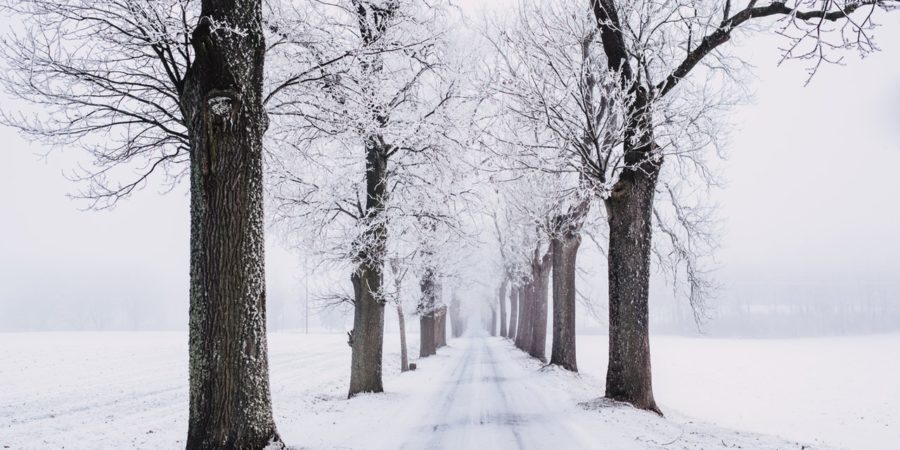Snow is just a fact of life in Canada.
The Great Lakes ensure we live in a snow belt and it’s particularly bad up through to Parry Sound and down along the southwest corridor to London, Ontario. If you want to escape the white flurries but still enjoy life in Southwestern Ontario, you may want to look into Guelph homes for sale, since they’re
But no matter where you live, you’re almost guaranteed a few days of snow a year. And whether you love it or hate it, you need to prepare for it.
And that generally means using salt — a lot of it. Approximately five million tonnes of road salt is applied in Canada each year.
What Is Road Salt Made Of?
The salt we use on our roads is the same salt we use in our kitchens — it’s cheap and plentiful, sourced from underground mines. Salt works by lowering the freezing point of water which melts ice and prevents snow and rain from freezing.
Without salt life would be pretty dangerous for six months of the year — cars would skid, people would fall and everything would either sink into the snow or slide around on ice.
Salt Causes More Harm Than Good
The problem with salt is that it’s terrible for the roads, our cars, our pets, our aquatic life, and our winter boots. It eats through our pavement causing cracks and depressions, it rusts our vehicles, destroys our dog’s paws, poisons the water we drink and makes those nasty white stains on our expensive footwear.
For example, in 2017 the Environmental Commissioner of Ontario released a report stating that Simcoe had such high salt levels in the town’s drinking water that they had to issue a “do not consume” warning for people with high blood pressure and sodium-restricted diets!
Explore These Environmentally-Friendlier Options
So while it’s a cheap and effective solution to ice, it has serious consequences. Are there any good alternatives? Turns out there are.
Sand, kitty litter, coffee grinds and sugar beet juice (yes, this is a thing) are all far more environmentally and health-friendly alternatives. You can now sometimes source bags of sand on Craigslist or Kijiji, or go to your local coffee shop and ask for bags of used coffee grinds. It also helps to think creatively — in Wisconsin some roads are now treated with cheese brine from local dairy companies!
If the alternatives seem too complicated for you, then try to use less salt — you can mix it with water before applying it. Or you can shovel snow before you apply it and only use it on ice.
Keep exploring different solutions until you find one that’s right for you.
Zoocasa is a full-service brokerage that offers advanced online search tools to empower Canadians with the data and expertise they need to make more successful real estate decisions. View real estate listings at zoocasa.com or download our free iOS app
